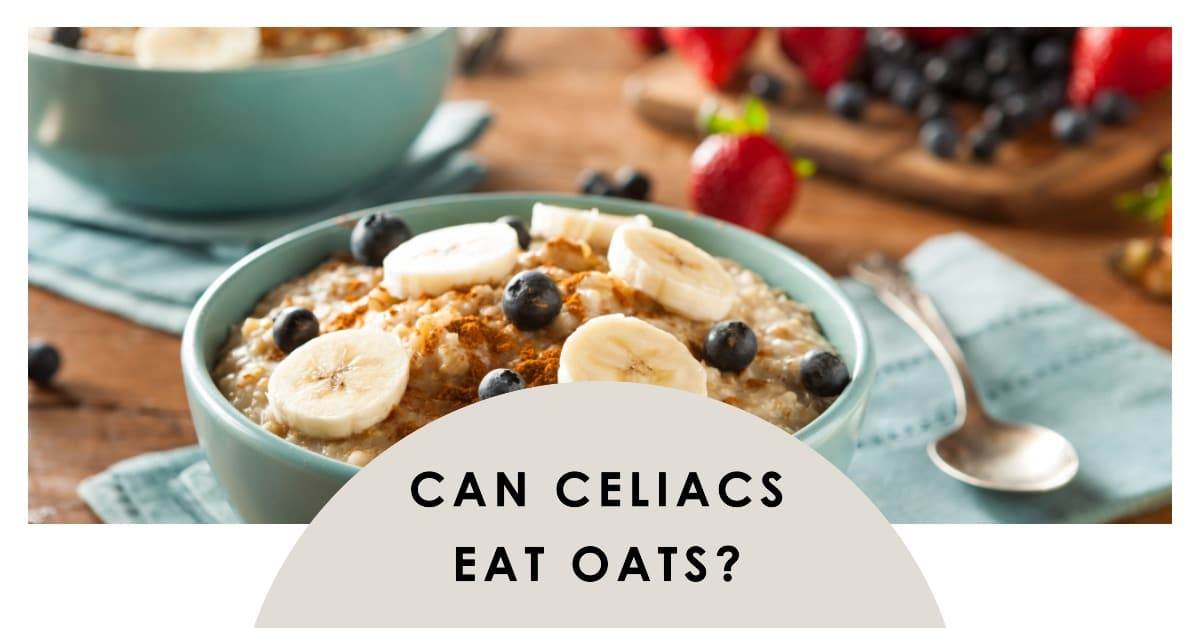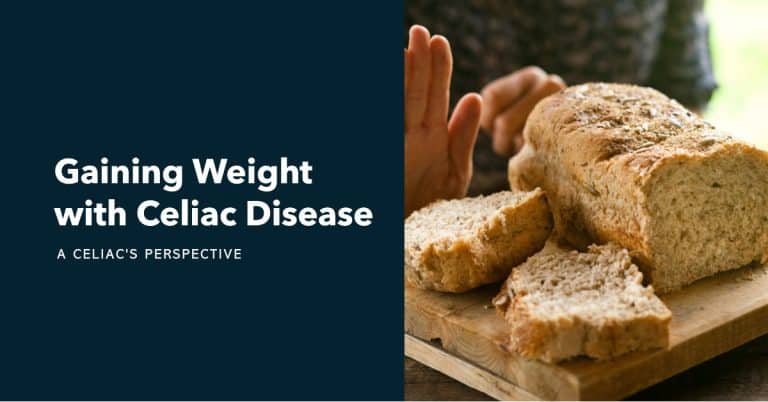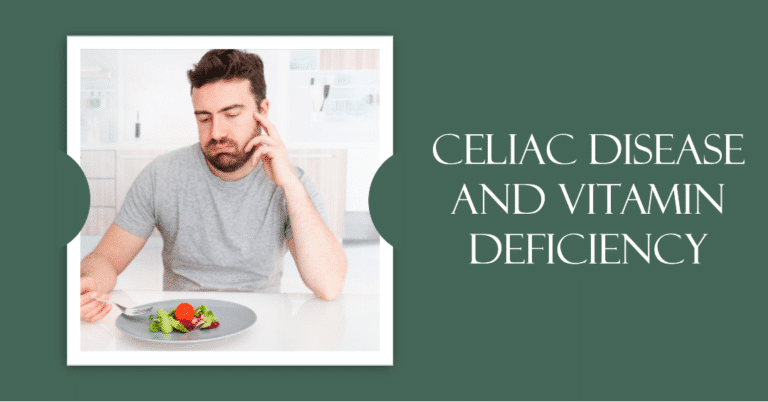Can Celiacs Eat Oats? – The Surprising Truth About Gluten-Free Grains

Let’s clear up the debate on oats and celiac disease once and for all.
Yes, traditionally, cross-contamination with wheat has made oats a gray area, but innovative farming practices have changed the script. Gluten-free oats are now a real thing on our grocery shelves.
But here’s the twist: oats contain a protein called avenin, which is similar to gluten.
Most celiacs can handle avenin without issues, but for a small percentage, eating oats can trigger similar responses as gluten.
So, while celiacs can safely eat gluten-free oats, if you’re sensitive to avenin, it’s a different story.
Continue reading to explore the oat-avenin conundrum in more detail.
Understanding The Composition Of Oats
As a celiac, I’ve spent years trying to navigate the world of gluten-free grains and understand which ones are safe for me.
It’s essential to know the composition of oats, as they might be an option for some people with gluten sensitivity.
Oat varieties can differ in their gluten content due to factors like growing conditions or processing methods. One thing that surprised me was learning that pure, uncontaminated oats don’t actually contain gluten!
However, it’s important to note that cross-contamination can occur during harvesting, transportation, or processing stages.
Some companies like Quaker produce certified gluten-free oats by taking extra precautions to avoid contamination.
So while not all oat products will be suitable for those with gluten sensitivity, there is still hope if you look out for specifically labeled options!
Cross-Contamination – An Important Consideration for Celiacs
Now, let’s talk about cross-contamination concerns.
As a celiac myself, I know how important it is to ensure that any food I consume is truly gluten-free. This includes paying close attention to oat processing methods and contamination prevention measures in place by manufacturers.
You see, oats are often grown near or rotated with wheat crops, which can lead to unintentional gluten contamination during harvesting or transportation.
That being said, not all hope is lost for those of us who crave a warm bowl of oatmeal!
There are dedicated gluten-free brands out there that take extra precautions in their production process to minimize the risk of cross-contamination.
They use strict protocols such as sourcing oats from certified gluten-free fields and utilizing separate facilities for processing.
So next time you’re browsing the grocery store aisles, make sure to look for these trusted brands and always double-check labels before indulging in your favorite oaty treats.
Remember, we deserve delicious and safe options just like everyone else!
Identifying Certified Gluten-Free Oats
When it comes to oats, you might be wondering how to identify certified gluten-free options that won’t cause any harm.
Don’t worry; I’m here to share some tips with you.
The first thing you’ll want to do when searching for gluten-free oats is look for clear gluten-free labels on the packaging.
This indicates that the product has been tested and confirmed to contain less than 20 parts per million (ppm) of gluten, which is considered safe for people with celiac disease.
As I’m sure you’ll agree, there’s nothing better than feeling confident about your food choices while still being able to enjoy delicious and nutritious grains like oats!
Health Benefits Of Including Oats In A Gluten-Free Diet
Like a knight in shining armor, oats can be our savior when it comes to maintaining a healthy and balanced gluten-free diet.
They are not only naturally gluten-free but also packed with numerous health benefits that we celiacs should take advantage of.
Oat nutrition is something that we need to explore further as they are an excellent source of vitamins, minerals, antioxidants, and most importantly – fiber.
The fiber benefits alone make including oats in our daily meals a no-brainer – along with other naturally gluten-free food items such as potatoes.
Consuming the right amount of fiber helps us maintain good digestive health, aids weight management by making us feel fuller for longer periods, and lowers cholesterol levels too!
So why wait? Let’s start incorporating these fantastic grains into our diets today and enjoy all their incredible advantages without any fear or worry about gluten contamination.
Trust me; your body will thank you!
Delicious Gluten-Free Oat Recipes
Now that we’ve explored the amazing health benefits of incorporating gluten-free oats into our diet, it’s time to get creative in the kitchen and whip up some mouthwatering oat-based meals.
So, let’s dive right in and discover some fantastic gluten-free oat recipes for you to master!
One great option is experimenting with Oatmeal alternatives like overnight oats or baked oatmeal cups.
These dishes are not only easy to make but also perfect for customizing according to your taste preferences.
Don’t be afraid to play around with flavorful toppings such as fresh fruit, nuts, seeds, spices, honey or maple syrup – the possibilities are truly endless!
By mastering these versatile recipes and adding your personal touch, you’ll never feel deprived on a gluten-free diet again.
Can Celiacs Eat Oats? – Conclusion
It’s clear that we can indeed relish the goodness of oats without worrying about gluten.
As long as we choose certified gluten-free oats, our taste buds and gut will rejoice in unison.
Don’t forget, though, if you’re celiac like me, you may react to the protein known as avenin in a similar way to if you’d consumed gluten.
If that doesn’t apply to you, there’s no reason to miss out on this nutritious gem any longer! Carpe diem, dear friends, seize those oats!
Also read: Oats and IBS: The Lowdown on Oatmeal for Irritable Bowel Syndrome
Disclaimer: This content is based on my personal experience as an individual diagnosed with celiac disease and IBS (Irritable Bowel Syndrome) who follows a strict gluten-free diet. This does not constitute medical advice. Please consult a medical professional, nutritionist, or qualified dietitian for personalized, professional advice.






